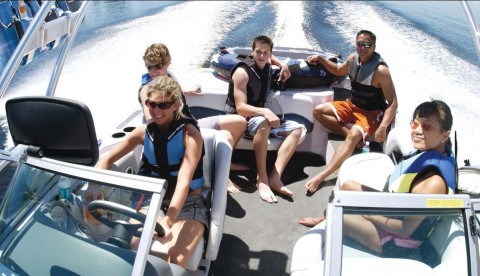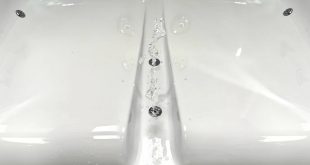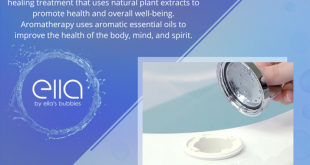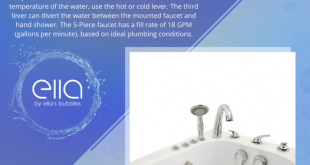Every day, avid sailors roam on the planet’s waters with boats of varying sizes and designs. On both sides of the Atlantic, manufacturers are ever busy designing new boats for ready buyers. However, as these boats roll out of the assembly plants, a nagging concern for the safety of precious species in the seas, lakes, oceans, and rivers keep coming up. Oil spillage and poor disposal of waste are sad realities that require the attention and effort of every boater. Here are a few tips for clean and green boating, and hidden truth about the safety of our ecosystems.
1. Proper fueling to avoid spillage
It might sound cheap and easy, but proper fueling is an art that can go a long way to protect our aquatic species. The little droplets of oil eventually add up to hazardous amounts because of the numbers of boats involved. There is an easy way to avoid this. It all entails paying close attention to the entry points of the fuel. In case of any spillage, always use a high-quality absorbent material to wipe off the oil with great care. Apart from helping to conserve the environment, proper fueling will help to keep your boat clean and new for a long time.
2. Minimizing Boat Cleaning and Maintenance in Water
Avoid projects that involves working on the docks or over the water and if it is possible, save maintenance projects for the boatyard. In case you are performing the work on water, minimize the impact by containing the waste using tarps and vacuum sanders to collect all the debris and drips for proper disposal. You can always use ‘Myboats’ which is a great app to help you keep your boat maintenance and repair tasks up to date during your RTW trip.
3. Do not keep the boat in the idle mode for too long at the dock.
It is common to find many boats idling at the dock as their owners sort out one matter or another before sailing away. The ugly reality is that this idling entails a heavy price on the environment. It may not be very easy to notice the effects of too much idling when you look at one boat or two. However, the reality of the damage can register on the mind when one imagines thousands of boats idling for long minutes or even hours on a daily basis. Always turn off the engine while you attend to other issues on the beach or wherever your attention is needed.
4. Do not dump your clutter in the waters.
Bits and pieces of trash will always accumulate on your boat in the course of time. Some of these items could be in the form of plastic cans, polythene bags, pieces of metal, pieces of cloth, and anything else that may appear on the boat. Always make sure that you have a trash bin on the boat to keep away such items. It makes good sense to resist the temptation of throwing away clutter in the waters. Some of these items such as plastic and polythene are non-bio-degradable. They can only aggravate the pollution problem in the waters. The trash bin should only be emptied at designated dumping sites ashore.
5. Use Non-toxic cleaning products.
Boats are not just cleaned with anything that removes dirt. In fact, it is illegal to use soap and detergents for cleaning the boat. Every conservationist or biologist will readily agree that soaps and detergents are a big threat to the survival of aquatic ecosystems. Boat manufacturers have come up with safe cleaning solutions, which help to keep boats clean without compromising the safety of the lakes and the rivers. Non-toxic cleaning products are generally available in shops that trade in boating items. It is a good thing to exercise some proper boating manners every time you set sail.
6. Reduce your speed for the sake of the planet.
High speed boating also means increased levels of pollution. It does not help to speed on the waters when there is no good cause. Thousands of boats emitting varying levels of fumes can only spell doom for man and animals. On this account, responsible boating should entail moderate speeding. In fact, this strategy also works well for the durability of your boat.
 News Chicago Business, Info & Events
News Chicago Business, Info & Events









